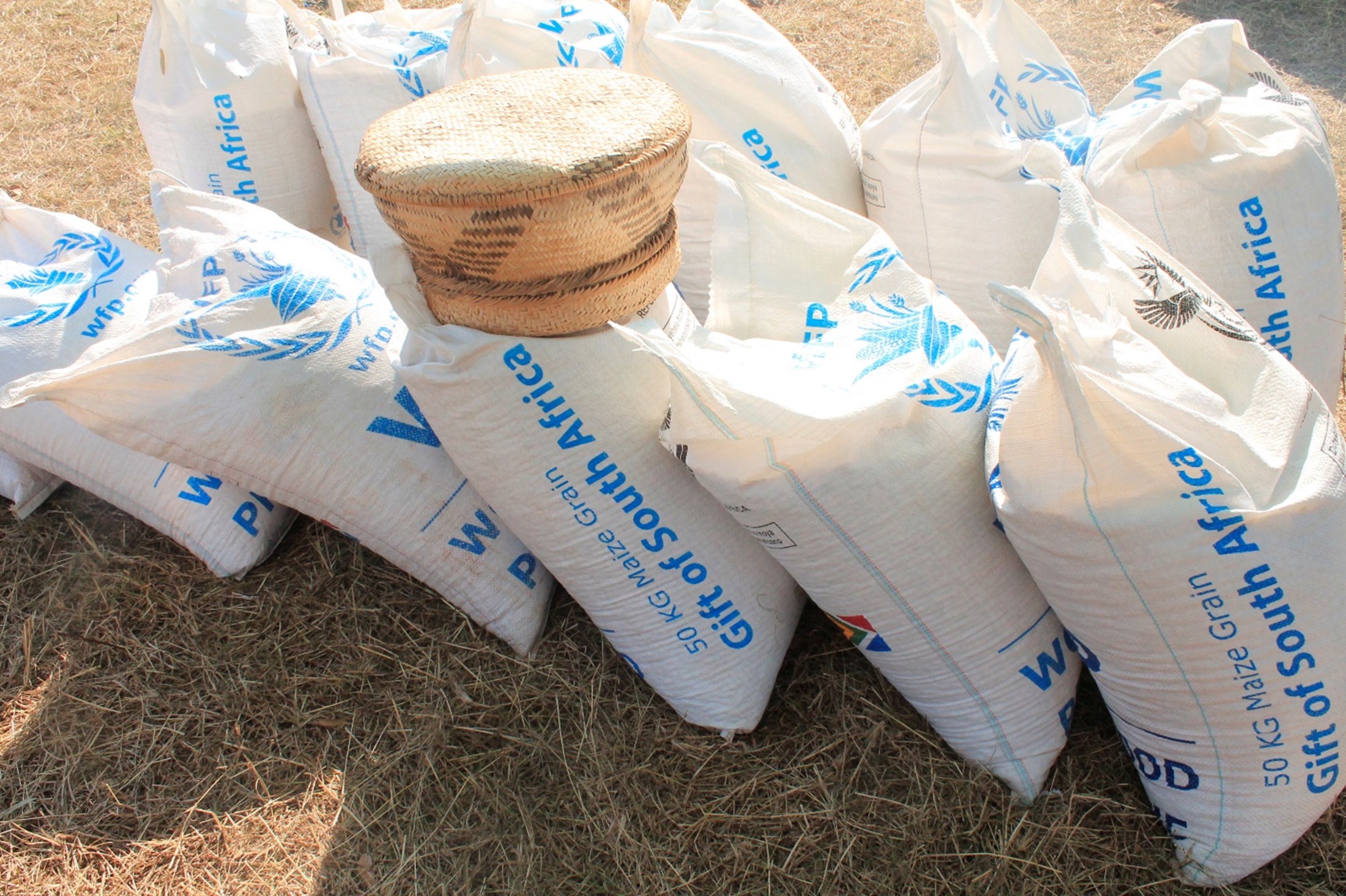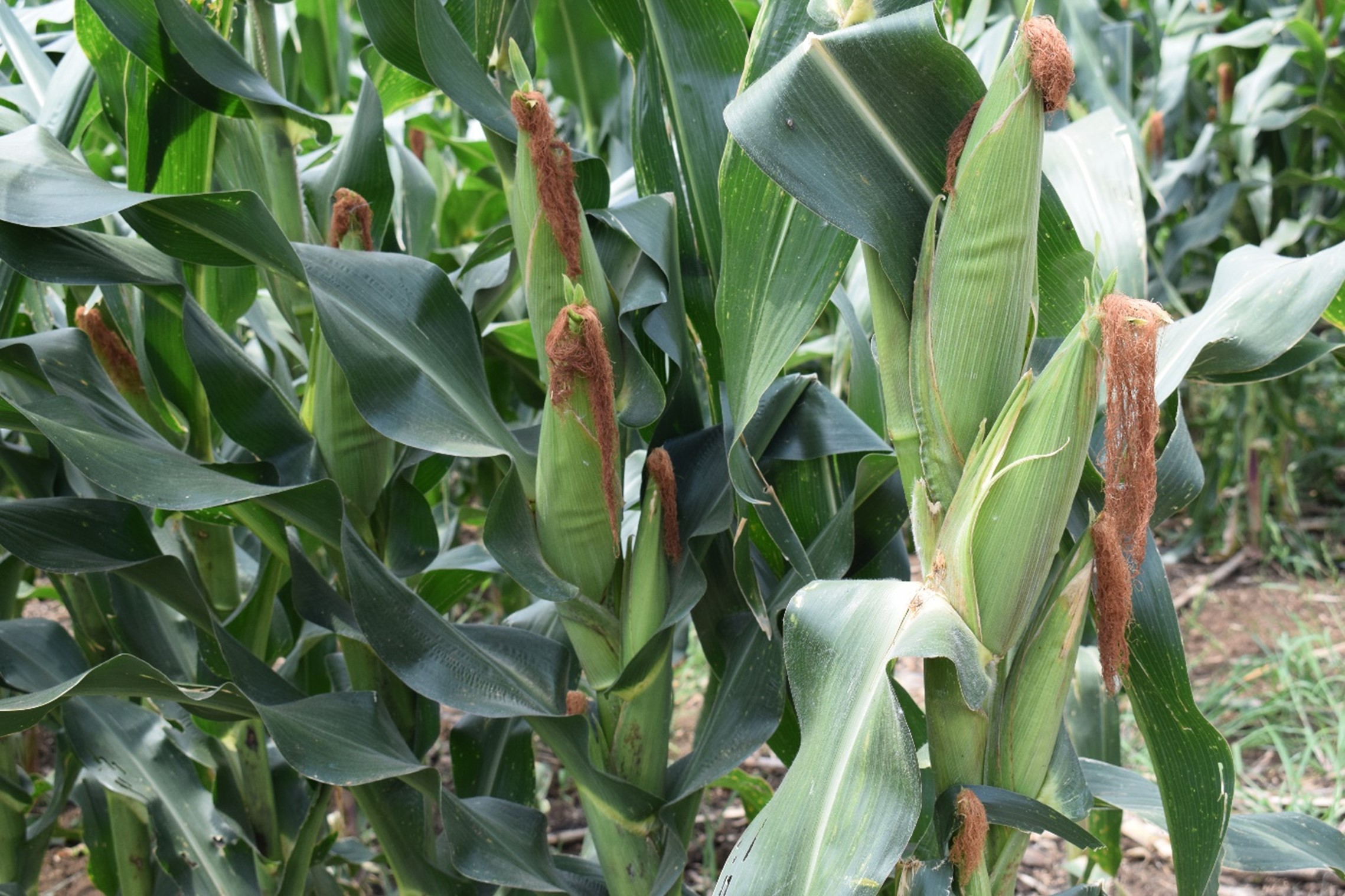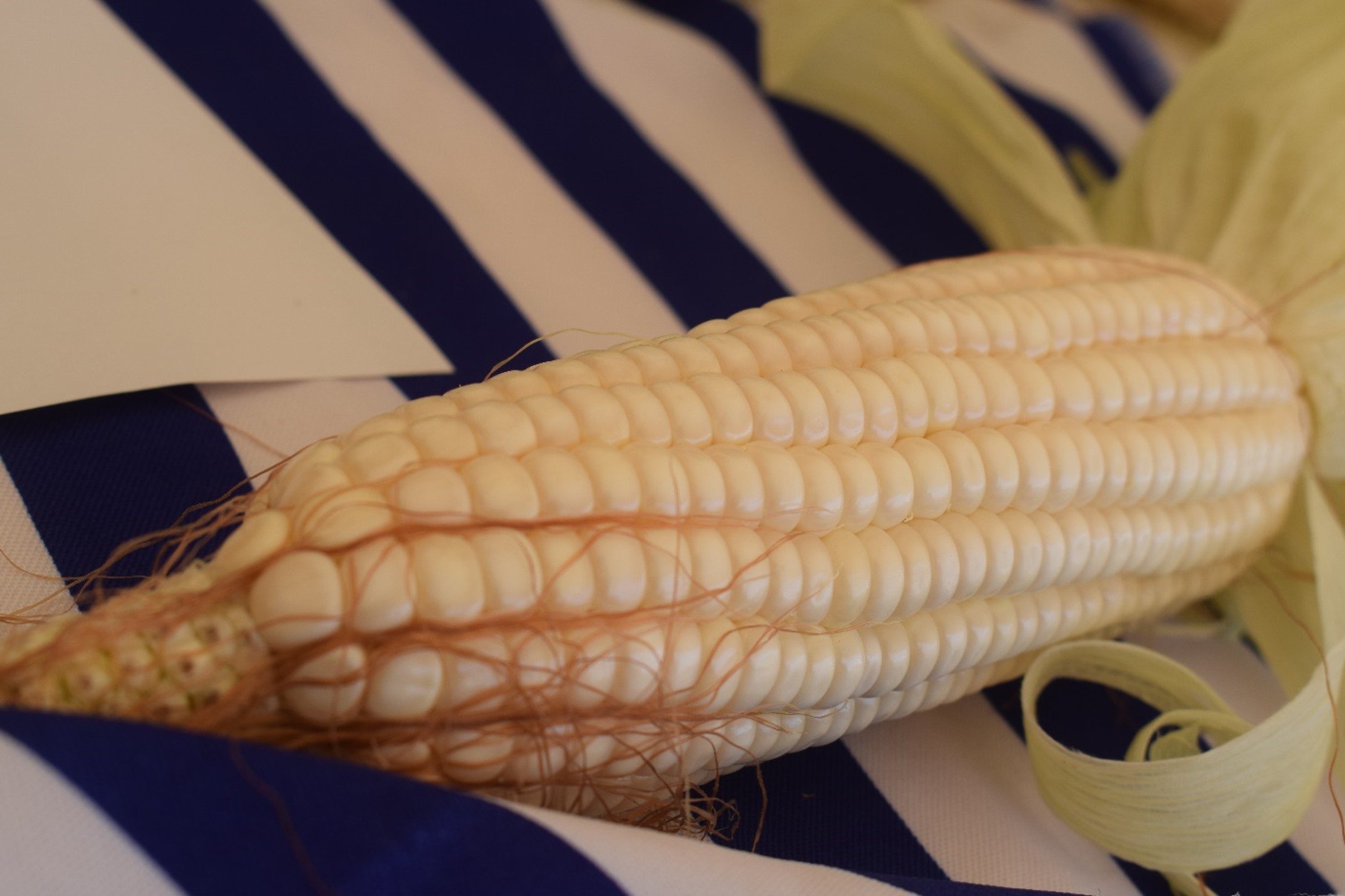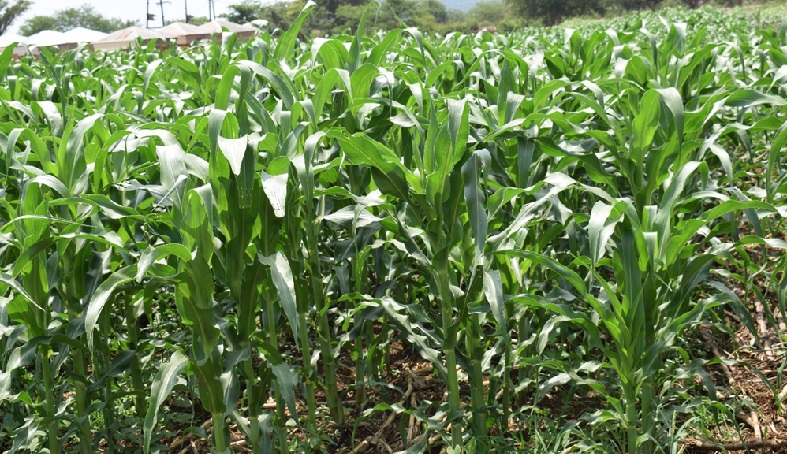By Tshifhiwa Muifha and Matsobane Manaka

Common soils (carrying a pH of between 5.0 to 7.0) in which maize may be grown include Hutton (Hu), Clovelly (Cv), Bonheim (Bo), and Bainsvlei (Bv), and these occur in varying levels in all the districts of Limpopo Province. But soil testing through laboratory is an important step to take to establish the suitable seed variety and fertiliser for the soil, said Dr Lutendo Nethononda, head of laboratory services at Madzivhandila College of Agriculture.
As the department is gearing towards launching of the 2024/25 Provincial Summer Planting Season in Thabazimbi, Waterberg District, Vhembe District in collaboration with University of Venda, held an information exchange session on successful maize production at George Phadagi Town Hall.
The production of white and yellow maize in South Africa is dominant in comparison to other food crops. Almost 90% of maize is planted on dry land area and the remaining 10% is under drip, sprinkler, or flood irrigation. This is due to high dependency on summer rainfall and with the advantage of warm climatic conditions in the province.
The common practice of maize planting season under rainfed situation is between October and November because of the good early rain of over 50 mm. Late planting is risky as the crop may likely suffer not only from drought stress, but pests and disease infection such as stalk borers and maize streak viruses respectively.
Like other crops, the population of maize have many ordinary and hybrid cultivars that differ in size, shape, yields and usage. Successful production of maize depends on various forms ranging from preparation of soil, variety selection, fertiliser, plant spacing, and weed controlling and spraying applications, among others.
Due to inconsistency of summer rainfall particularly in dry areas, it is important for maize growers to employ rain harvesting techniques that will contain optimum moisture such as wet ripping, mulching, potholing and tied ridging. Moreover, it is safe however, to plant earlier with the right maize seed hybrid armed with the right fertiliser and manure. That will improve the production yields, quality and resulted with the improved livelihood.


Harvested maize after the kernels are fully developed.

Maize requires adequate water to grow especially during the periods of drought or low rainfall.


